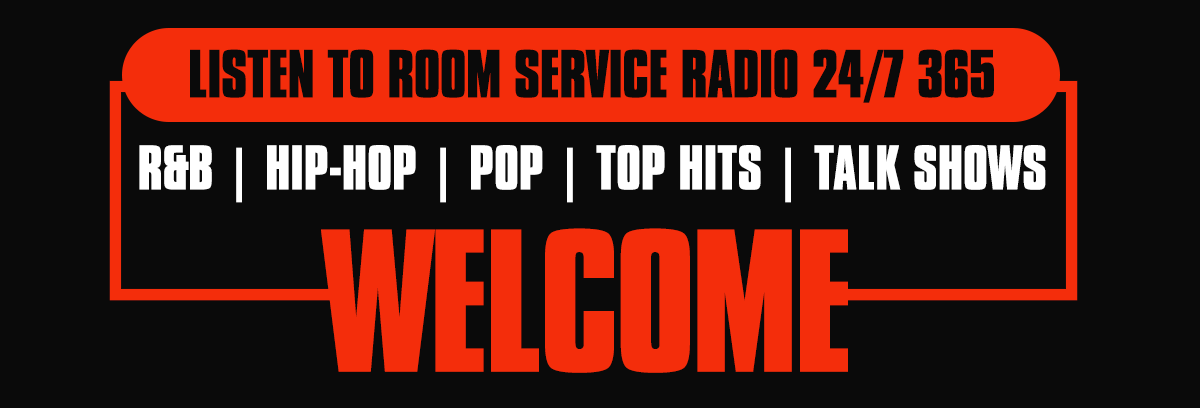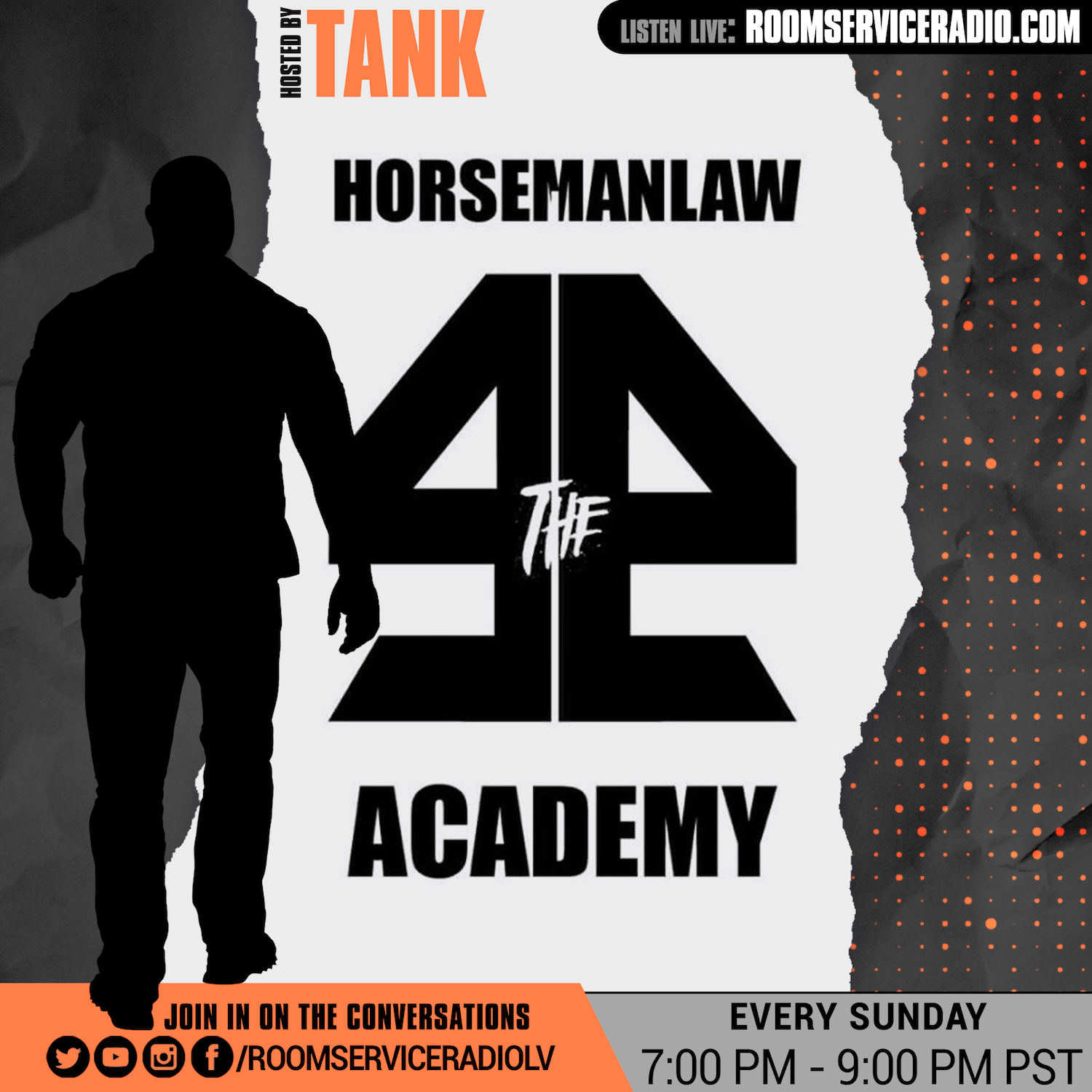
These Are the Brands Coming Out of China You Need To Know
Of all the Chinese designers at Pitti, Pronounce was the most unabashed about embracing its national identity. The brand was established in 2016 by Yushan Li and Jun Zhou, who met in London as students. Li worked at Yeezy after graduating from CSM, while Zhou picked up experience at Ermenegildo Zegna. At first, Li and Zhou set up their studio in Milan, but decided they needed to have a presence in Shanghai. “We find that in our generation, people prefer to stay foreign, not local. To kind of escape,” said Li. “But we feel in this generation we need to have the local voice. To build up the conversation with local people and to change the industry.”
Pronounce Spring-Summer 2020
EstropTheir Spring-Summer 2020 show, titled “A Fresh Dig,” was inspired by one of China’s enduring national symbols, the Terracotta Warriors, whose visages were printed on clingy jersey undershirts and inside-out overcoats worn by a cast of mostly Western models. A collaborative Jack Purcell sneaker was caked in mud, like it had been unearthed in an archeological dig. Can Mao jackets be sexy? Pronounce’s mesh-paneled versions answered that question with a resounding yes. A few pieces offered more subtle references to their homeland. A beautiful vest looked at first glance like it was made of tan nylon; upon closer inspection it was woven out of bamboo beads, a sort of statement of purpose for Li and Zhou, who are determined to represent China on the global fashion stage. “Nobody’s using bamboo,” Li pointed out the next day.
It helps that the perception around “Made In China” tags has been turned on its head. “In the beginning,” Li said, “from our first season of doing a showroom in Paris, people thought ‘made in China’ is a bad thing. A lot of buyers would pass by and ask, Where do you produce? We would say China, and feel quite obviously most of the people would kind of like, you know…” Li trailed off. “But we feel a huge difference already after three years.” Even Napoleone readily admits as much. “I defend of course made in Italy, by definition, but we have to accept the fact that the market now is global,” he told me, holding up his iPhone. “Do you know where this phone is produced? We are not going to buy Nokia, or Motorola, which used to be produced in Europe. They don’t exist anymore. This is the truth.” The Pronounce designers said they considered making their clothes in Italy, “but we didn’t want to!” said Li. They would rather train the local factories and tailors they work with in the advanced clothesmaking techniques they picked up in Europe. “We are fucking Chinese,” Li said, laughing. “We need to do this.”
Pronounce‘s woven bamboo vest
EstropIt’s easy to imagine Danshan’s slinky shirts alongside Pronounce’s printed tailoring in the window of Barneys or Opening Ceremony. Hell, Untitlab might be the best-kept secret in boots right now, and I’m half a mind to fly to Shanghai to buy a pair. But from where he sat, Napoleone was wary of predicting a full-blown China moment. “For them to sell here will be not easy,” he said. “The market is not like it used to be when Versace or Armani started.” There is, for one, the literal internet, the home of platforms like Farfetch that bring far-flung brands a click away, and the force that has made breaking through in the modern fashion system that much more difficult. There’s also the sheer scale of Chinese brands’s home market. “How do they handle their own market, [not to mention] the European and American market?” Napoleone pointed out. Talking to Li and Zhou, it’s clear they’ve got their work cut out for them—but they’re plenty ready. “To be honest we don’t feel there is real fashion in China,” Li said. “There’s a lot of clothes. But it’s not fashion. And it’s not amazing stuff or the authentic thing. But we have the ability to do that.”
Article written by Samuel Hine #GQ












